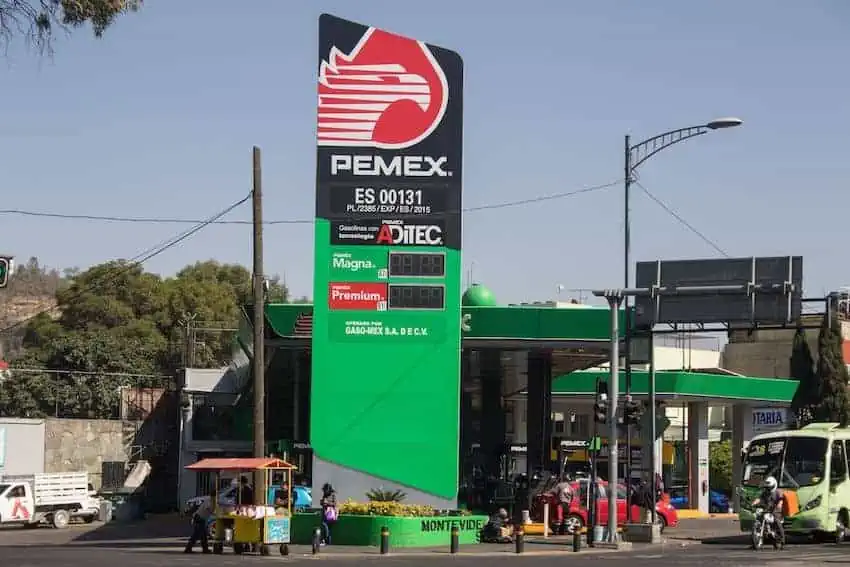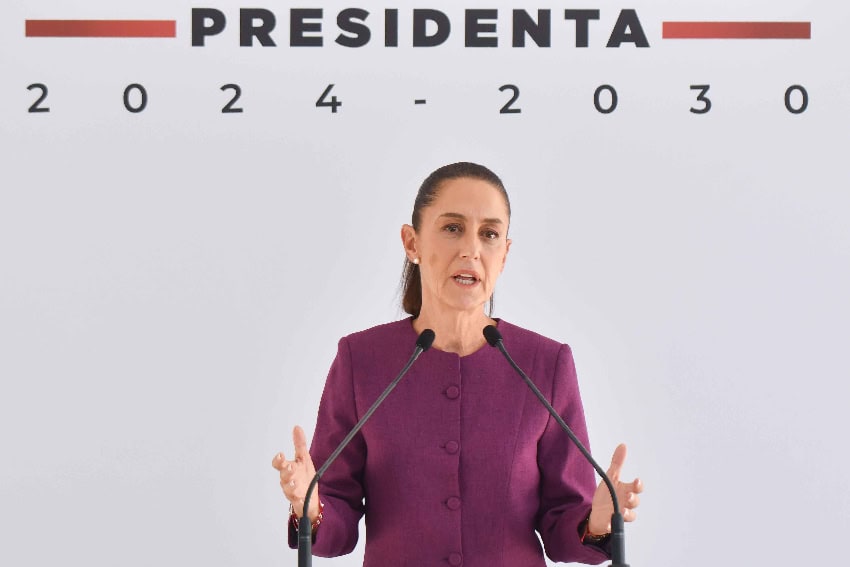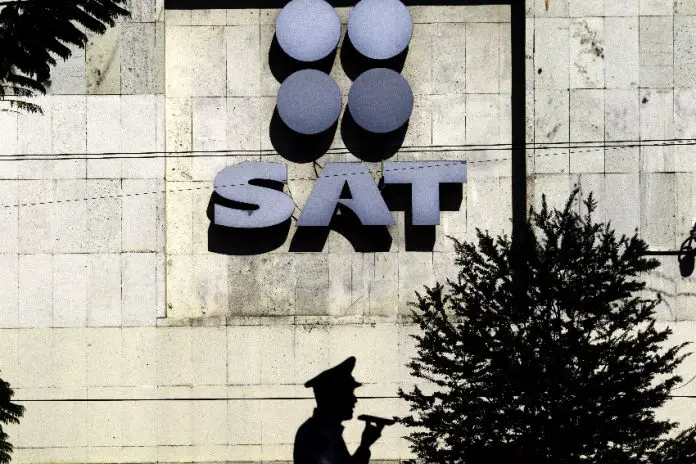Tax revenue in Mexico hit a record high of more than 2.1 trillion pesos in the first five months of the year, according to the federal tax authority SAT.
Preliminary data shows that SAT collected 2.13 trillion pesos (US $115 billion) in tax between January and May, exceeding the federal government’s target by 3.2 billion pesos (US $172.8 million).
The figure is the highest ever for the first five months of a year, and an increase of 5.8% in real terms compared to the same period of 2023.
The federal government has achieved the record tax take without raising taxes or introducing new ones.
Instead it has focused on boosting tax revenues by ensuring that large companies pay what they owe and cracking down on tax evasion more broadly. Economy Minister Raquel Buenrostro was dubbed the “Iron Lady” when she headed up SAT between 2020 and 2022 such was her firmness in petitioning multinationals to pay their fair share of tax.
The results she and other SAT officials have achieved are reflected in the data: compared to the January-May period of 2018, when Enrique Peña Nieto was in the final year of his presidency, tax revenue was up 63% in the first five months of 2024.

Still, Mexico’s tax-to-GDP ratio in 2022 was much lower than the 34% average of its fellow members in the Organization for Economic Co-Operation and Development. In fact, Mexico ranked dead last with its tax revenue amounting to just 16.9% of GDP.
Almost 60% of tax revenue came from income tax, but collection was below target
The largest contribution to the tax take in the past five months came from income tax, known as impuesto sobre la renta or ISR.
ISR revenue was just under 1.22 trillion pesos between January and May, or 57% of the total tax take.
However, ISR revenue was 16.5 billion pesos short of the 1.23-trillion-peso target.

SAT also fell short of the 284.26 billion peso target for revenue from the Special Tax on Production and Services (IEPS), an excise tax, but exceeded the 524.15 billion peso target for collection from the value-added tax or IVA.
“There is no negative effect on public finances” from the below-target ISR and IEPS revenue because “other taxes” have made up for those shortfalls, said Roberto Colín, a member of the tax committee of Mexico’s College of Public Accountants.
He told the El Economista newspaper that a slowdown of the economy in Mexico has had an impact on ISR collection and that IEPS revenue didn’t reach the target because gasoline prices have been higher than the government projected. As a result, it has had to subsidize more of the IEPS than anticipated, Colín said.
Víctor Gómez Ayala, director of data analysis at the Mexican Institute for Competitiveness, a Mexico City-based think tank, agreed that ISR revenue has been affected by an economic slowdown this year.
He predicted that ISR collection would fall even further in the second half of 2024.
President-elect Sheinbaum committed to not raising taxes
Claudia Sheinbaum, who won the June 2 presidential election in a landslide, has pledged to lead an austere government and not increase taxes despite a budget deficit that is at its highest level — 5.9% of GDP in 2024 — since the 1980s.

In an interview late last year, she noted that tax revenue will increase if evasion continues to decline, and also said that the government needed to “facilitate the payment of taxes.”
“I believe that this is something important that would allow more revenue to be collected before [even] thinking about increasing taxes,” Sheinbaum said.
Just before her election as Mexico’s first female president, she said she wasn’t “thinking about a deep tax reform” and asserted that “there are still many opportunities for [tax] collection.”
As president, Sheinbaum will face significant budgetary pressures as she seeks to continue — and expand — government social and welfare programs, and pay back debt.
State oil company Pemex, which has more than US $100 billion in debt, will not be a lifeline as it is “no longer the cash cow it was for previous Mexican governments,” Reuters reported.
Indeed, the government has been injecting cash into the public firm and providing it with major tax relief.
For Sheinbaum, “the challenge is big,” Ernesto Cordero, a finance minister during Felipe Calderón’s 2006-12 government, told Reuters.
“If they want to finance their proposals and their way of seeing the country, they need to think about how they are going to do it,” he said.
Fernando Dworak, a political analyst, told Reuters that “the idea of tax reform is a debate we should have.”
“Everyone is talking about what they are going to do, but nobody mentions how they are going to pay for it,” he said.
With reports from La Jornada, El Economista and Reuters
